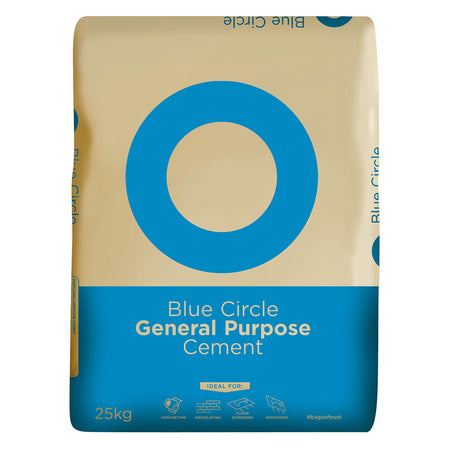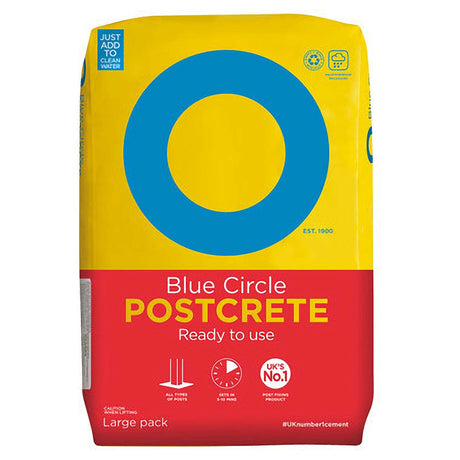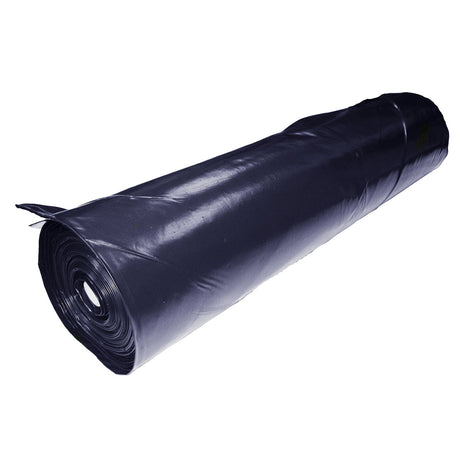With rising energy costs, homeowners are constantly looking for ways to reduce their energy bills. One of the most effective yet often overlooked solutions is proper insulation. By preventing heat loss and improving energy efficiency, insulation significantly cuts down on heating and cooling expenses. Whether you live in a modern home or an older property, investing in quality insulation can lead to long-term energy saving and increased home comfort. In this blog, we’ll explore the science behind insulation, debunk common myths, and explain five key ways insulation helps you save money.
What Insulation Really Does
Insulation works by reducing heat transfer between your home’s interior and the outside environment. In winter, it prevents warm air from escaping, keeping your home cosy. In summer, it blocks heat from entering, reducing the strain on air conditioning. This process minimises the need for excessive heating and cooling, leading to lower energy bills. Materials like fibreglass, spray foam, and reflective insulation act as barriers to slow down heat movement, ensuring consistent indoor temperatures.
Common Myths About Insulation
Myth #1: Only Old Homes Need Better Insulation
Many people assume that only older homes suffer from poor insulation. While older properties may have outdated materials, even newer homes can benefit from insulation upgrades, especially in key areas like the attic, walls, and floors.
Myth #2: More Insulation Is Always Better
While insulation is essential, adding excessive layers without considering ventilation can lead to moisture buildup and mold problems. The key is to use the right type and amount of insulation for each area of your home.
Myth #3: Insulation Only Matters in Cold Weather
Although insulation is crucial for winter, it’s just as important during summer. Proper insulation prevents heat from penetrating your home, keeping it cooler and reducing air conditioning costs.
Insulation Types and Their Unique Benefits
Spray Foam Insulation
-
Perfect for sealing small gaps and cracks.
-
Expands to fill spaces, preventing air leaks.
-
Offers superior thermal resistance.
Fiberglass Insulation
-
Cost-effective and widely used.
-
Available in batts or rolls for easy installation.
-
Provides good fire resistance.
Cellulose Insulation
-
Eco-friendly and made from recycled materials.
-
Excellent for soundproofing.
-
Ideal for filling wall cavities and attics.
Reflective Insulation
-
Works best in warmer climates by reflecting heat away.
-
Commonly used in attics and roofing.
-
Helps maintain cooler indoor temperatures.
5 Ways Proper Insulation Saves You Money on Energy Bills
1. Stops Energy from Escaping—Keeping Heating and Cooling Costs Low
Even tiny gaps and cracks in your home’s structure can lead to significant energy losses. Without proper insulation, heat escapes during winter and enters during summer, forcing your HVAC system to work harder. Studies show that homeowners can save up to 20% on their heating and cooling costs after insulation upgrades.
2. Reduces Temperature Fluctuations—Less Dependence on Heating and Cooling Systems
Well-insulated homes maintain stable indoor temperatures, reducing the constant need for heating and cooling adjustments. This not only leads to lower energy bills but also extends the lifespan of your HVAC system by reducing wear and tear.
3. Cuts Down on Unseen Energy Waste—Like Water Heating Loss
Many people overlook the importance of pipe insulation, but insulating your hot water pipes prevents heat dissipation, allowing water to stay warm for longer. This means your water heater doesn’t have to work as hard, leading to energy savings on hot water usage.
4. Protects Against Seasonal Energy Spikes
During winter, insulation prevents heat loss, keeping your home warm without overworking the heating system. In summer, it keeps the heat out, reducing the need for air conditioning. By minimising extreme temperature shifts, insulation helps homeowners avoid seasonal energy bill spikes.
5. Increases Your Home’s Resale Value and Energy Rating
Energy-efficient homes are more attractive to buyers and often sell at higher prices. Insulation improvements can also qualify your home for energy rebates and tax incentives, making it a smart financial investment in the long run.
How to Insulate Your Home the Right Way
Proper insulation is one of the most effective ways to reduce energy consumption and improve home comfort. A well-insulated home retains heat in the winter and stays cool in the summer, helping you save money on heating and cooling bills. Whether you're upgrading existing insulation or installing new materials, ensuring your home is properly insulated will make it more energy efficient and environmentally friendly.
In this guide, we’ll explore the key areas where insulation matters most, signs that indicate your home needs an upgrade, and whether the cost of insulation improvements is worth the savings.
Where Insulation Matters Most
Certain areas of your home play a bigger role in energy loss than others. Properly insulating these key spots will significantly impact your comfort and energy bills.
1. Attics: The #1 Source of Heat Loss in Many Homes
Heat naturally rises, making your attic a primary culprit for heat loss in winter. If not properly insulated, warm air escapes through the roof, forcing your heating system to work harder. Adding insulation in the attic helps maintain a consistent indoor temperature, reducing strain on your combi boiler or heat pump.
2. Walls: Preventing Cold Spots and Improving Indoor Comfort
Uninsulated walls can create cold spots that make your home uncomfortable. Insulating walls, particularly with cavity wall insulation, helps trap warmth inside and prevents drafts. This is especially important for older homes that may have little or no insulation between the walls.
3. Floors: How Insulation Prevents Heat from Escaping Into Crawl Spaces
Floor insulation is often overlooked, but it plays a crucial role in preventing heat from escaping into crawl spaces or basements.
4. Windows & Doors: Why Weather Stripping and Double Glazing Matter
Air leaks around windows and doors can cause significant energy loss. Using weather stripping, caulking, and double glazing helps seal gaps, keeping your home warmer in winter and cooler in summer. This reduces the need for excessive heating and cooling, making your home more energy efficient.
Signs That Your Home Needs Insulation Upgrades
If you’re experiencing any of the following issues, your home may need an insulation upgrade:
-
High energy bills despite moderate weather – If your energy costs seem unusually high, poor insulation may be to blame. A well-insulated home requires less heating and cooling, lowering costs.
-
Uneven temperatures in different rooms – If some rooms are significantly colder or hotter than others, insulation gaps could be affecting temperature regulation.
-
Excessive noise from outside – Good insulation doesn’t just regulate temperature; it also acts as a sound barrier. If outside noise easily enters your home, you may have poor insulation.
Cost vs. Savings: Is Upgrading Worth It?
While insulation upgrades require an initial investment, they often pay for themselves over time through lower energy bills and increased home comfort. Let’s explore some key considerations:
1. ROI Calculations—How Quickly Insulation Pays for Itself
The return on investment (ROI) for insulation depends on factors like home size, insulation type, and climate. On average, homeowners see a 25-30% reduction in energy bills, meaning insulation improvements typically pay for themselves within a few years.
2. How to Qualify for Government Grants or Rebates on Insulation
Many governments offer financial incentives for homeowners who make energy-saving upgrades. These may include rebates for solar panels, insulation improvements, or installing a smart thermostat. Check with local energy programs to see if you qualify for financial assistance.
Conclusion
Insulating your home the right way is one of the best saving tips for reducing energy consumption and maintaining year-round comfort. By addressing key areas like attics, walls, floors, and windows, you can significantly improve energy efficiency and save money on utility bills. Plus, investing in modern solutions like a smart thermostat or solar panels can further enhance your home's energy performance.
For high-quality insulation materials, DIY Building Supplies is your go-to online builders merchant in Nottingham. Whether you're a DIY enthusiast or a trade professional, they provide a wide range of building materials, including insulation, timber, roofing materials, and building aggregates. Partnering with trusted brands like Celotex, Knauf, Isover, and Rockwool, they ensure top-tier products for your insulation needs.
Need expert advice? Call 0115 6976 800 (Monday - Friday, 9:00 am - 4:00 pm) or email sales@diybuildingsupplies.co.uk to find the best insulation solutions for your home. Invest in quality insulation today and start saving on energy bills!












